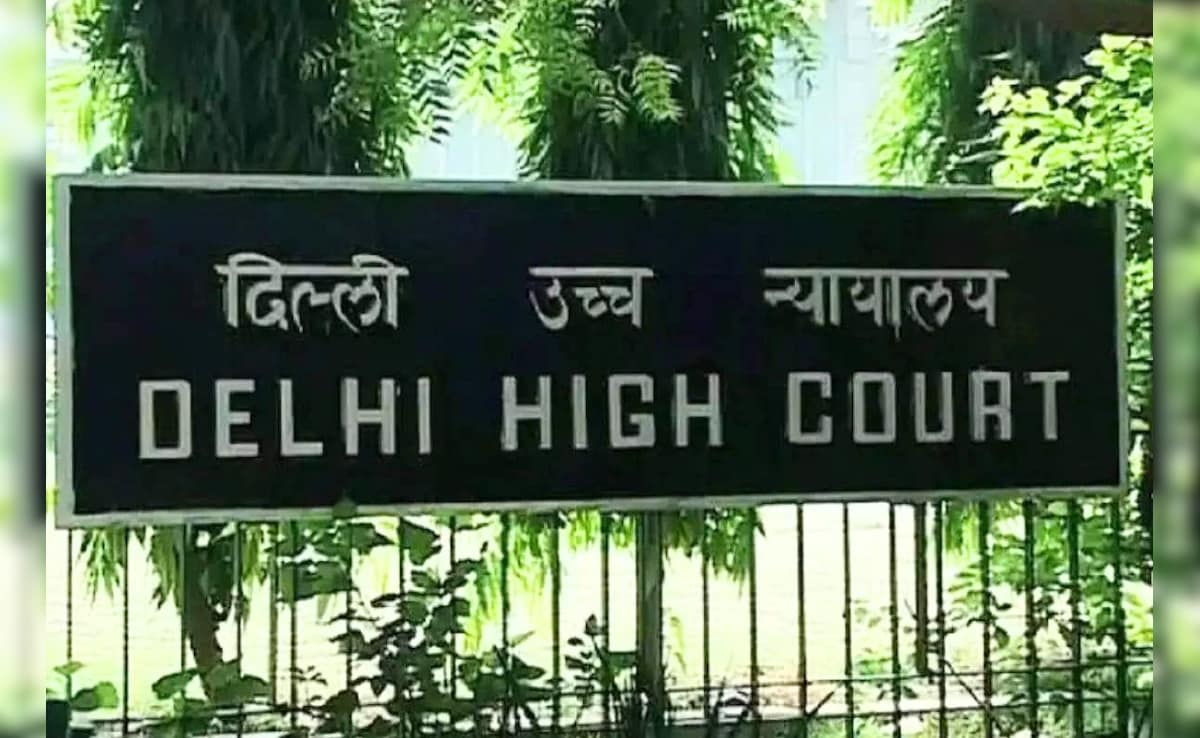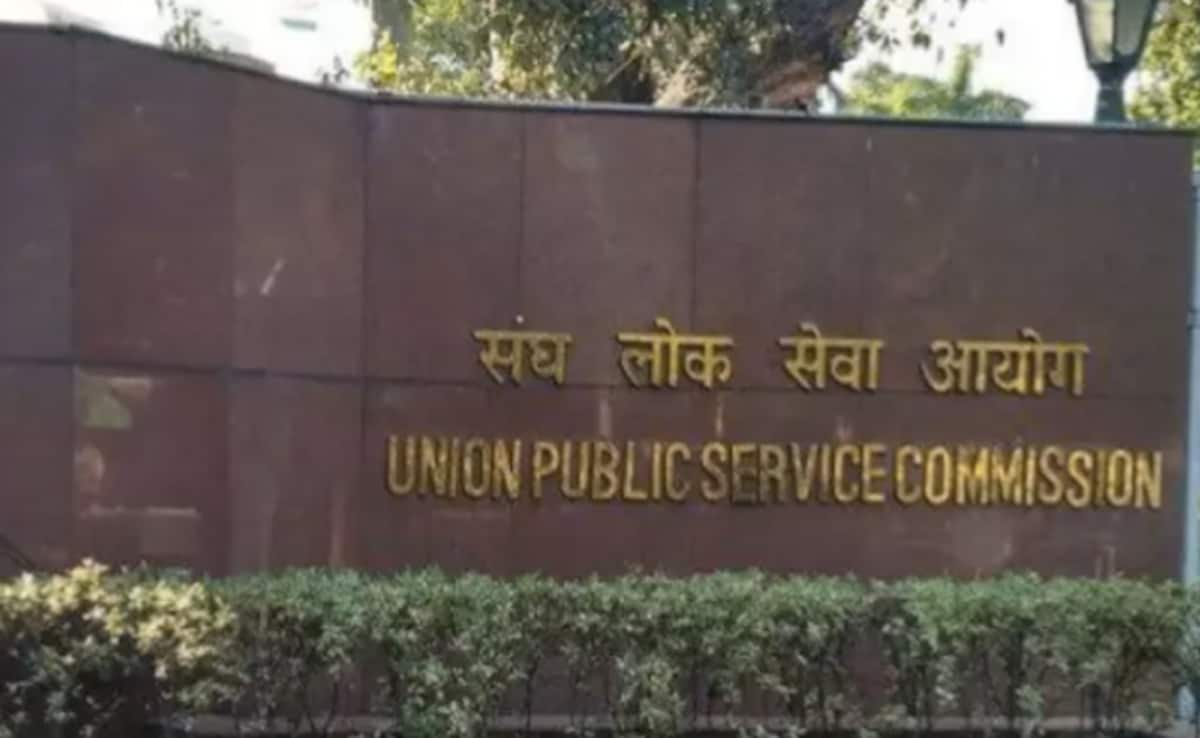The Delhi High Court on Thursday dismissed a Public Interest Litigation (PIL) that raised concerns over alleged sexual harassment of women in the Indian Film Industry, saying it cannot order a “roving and fishing” inquiry in the absence of a specific complaint.
A division bench of Acting Chief Justice Vibhu Bakhru and Justice Tushar Rao Gedela noted that the entire plea had relied on the report of the Justice Hema Committee – which documented systemic sexual abuse of women in the Malayalam film industry – and on “surmises without any empirical data”.
“We will examine when there is a complaint. Your petition is structured on the report of the Justice Hema Committee which is being looked into by another court,” the bench said, adding: “we will not direct any roving and fishing inquiry”.
The bench also noted that as far as the Hema panel’s report is concerned, complaints have already been filed and some action has been taken. “In the given circumstances, we do not consider it appropriate to accede to the prayer made by the petitioner,” it said.
The petition, filed by one Ajeesh Kalathil Gopi, had sought a direction to the National Commission for Women to inquire into alleged violation of fundamental and human rights “faced by women artists in the Indian Film Industry on a National Scale”.
It also urged the court to recommend legislative amendments to The Sexual Harassment of Women At Workplace (Prevention, Prohibition & Redressal) Act, 2013 to keep a check on gender-based discrimination, exploitation and sexual harassment, and to ensure adequate legal safeguards for women in the Indian film industry.
“The report based on primary evidence and direct testimonies from victims of sexual harassment in the Malayalam film industry reveals that similar issues persist across both regional and national film industries in India,” the plea said. “Till date, the Special Investigation Team has registered more than 40 FIRs based on said Hema Committee Report. This underscores the need for a more thorough, authentic study of the broader film industry across the country to identify necessary legislative amendments.”












